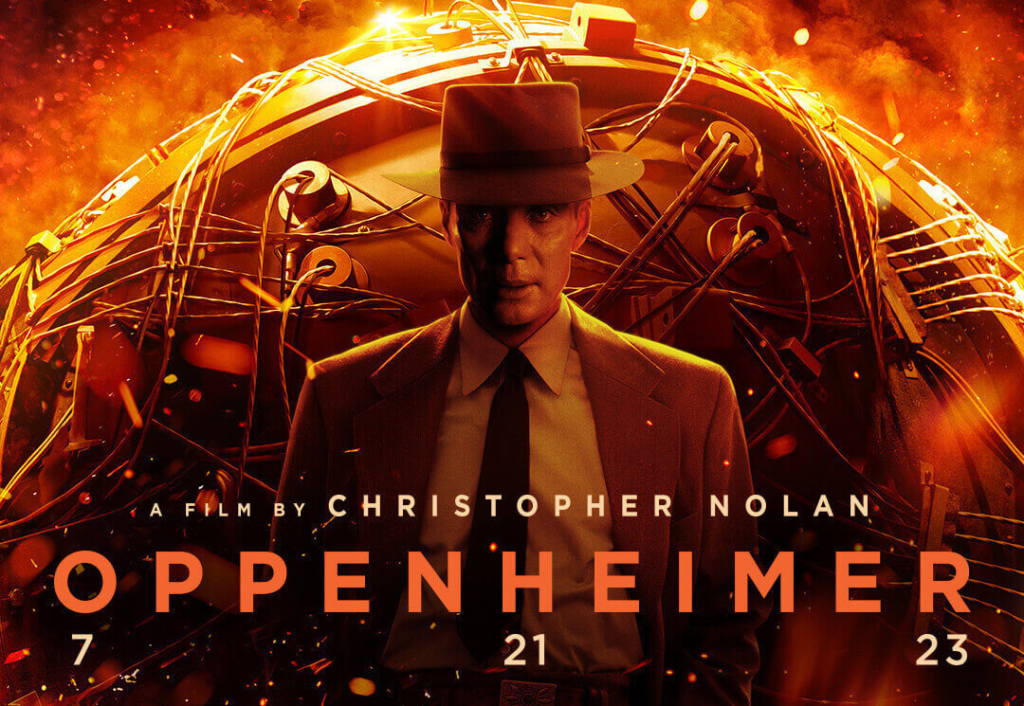In the vast explosion of the informational age, people seem to have incredible freedom to access every corner of the internet. Websites within websites, links within links, videos within video, the examples like these traps are too many to mention each of them. The World Wide Web, in particular, presents users with an endless array of information, and it appears there’s no shortage of fresh content. Without face-to-face talk, still, individuals can still easily look at how life is going for their friends or favorite celebrities through posts on digital media.
Nevertheless, we are somehow tired of knowing those new, fascinating, stunning attractions on multimedia. This fatigue stems from the overwhelming abundance of options, often leaving us uncertain about where to begin clicking. All the people, either the general public around us or rich famous people whom we generally see through social media, are trying to showcase curated and often idealized lives, and experiences. It subconsciously propels us to compare our lives to others and wonder why those people live a perfect life but our own lives are full of troubles and difficulties.
While facing this helplessness, on the one hand, internet consumers attempt to stop immersing in the disaster-ish informational environment; on the other hand, they worry about falling behind the most interesting news and the newest buzzword. That’s why we come to the phenomenon of FOMO, as Fear of Missing Out.
“FOMO is defined as a new type of addiction which causes individuals to spend much longer time on social networks as they are afraid of missing out the developments and failing to be informed of developments on social networking sites (Hamutoglu et al., 250).” We (Gen Z in particular) can’t live without interaction with the internet; nonetheless, social media addiction tend to increase FOMO levels. Intensive engagement with new media, which encourages consumers to share information with others, fuels our curiosity for exploring the internet unceasingly.

Lately, with the release of the movie Oppenheimer, its worldwide reputable director Christopher Nolan has captured our attention again. Wait, did you ever know that he does not use a smartphone? When accepting an interview with The Hollywood Reporter, Nolan explained that until the present, he still chose not to use smartphones because he needs to fully concentrate on writing scripts. Some may label this 52-year-old director as traditional or out of touch. But reconsider that if Christopher Nolan were genuinely excessively traditional, why would global audiences continue to flock to theaters to see his films.
“My personal choice is about how involved I get. It’s about the level of distraction. If I’m generating my material and writing my own scripts, being on a smartphone all day wouldn’t be very useful for me (Nicolas, 2023).”

As a supplement in the interview, Nolan said that he maintains a certain distance from technology on purpose in order to stay dedicated to creative pursuits. See, an incredibly successful man produced celebrated classic movies in history yet without smartphones. Interstellar, Inception, and maybe Dunkirk, these movies are full of praise for people.
Yet how can you imagine that the behind-the-screen man brought up these masterpieces without using smartphones in mundane lives? What I’m saying is that the iPhone (or Android) is not always the only necessary reason that leads you to success. We’ll never know how one born in the information era can challenge FOMO with unwavering determination, particularly when they are consistently involved with film, one of the most significant branches within the realm of new media.
Perhaps, it’s time for us to reevaluate the great worth of digital media. The information era is no doubt significant to our day-to-day work, whereas, let’s see if you will encounter the end of the world if you choose to cast away FOMO (Fear of Missing Out).
Bibliography
Hamutoglu, Nazire Burcin, Murat Topal, and Deniz Mertkan Gezgin. “Investigating Direct and Indirect Effects of Social Media Addiction, Social Media Usage and Personality Traits on FOMO.” International Journal of Progressive Education 16, no. 2 (April 2, 2020): 248–61
Vega, Nicolas. “Why ‘Oppenheimer’ Director Christopher Nolan Doesn’t Use a Smartphone.” CNBC, July 18, 2023.



Recent Comments